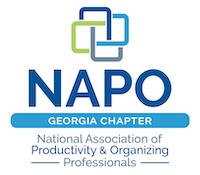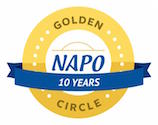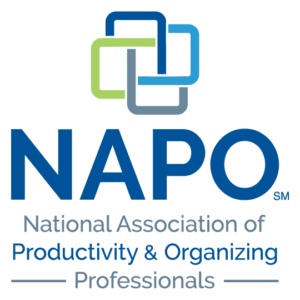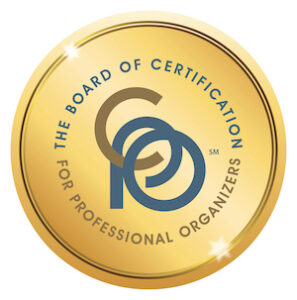Being organized has great personal benefits. You can easily find things, save time and money, and become incredibly productive. Getting organized can have great environmental benefits as well. By following the three Rs (reduce, reuse, recycle), you’ll use fewer natural resources, discover new uses for old things, and find fresh homes for your castoffs. Sounds great, right? But how to get started? This blog post will help you make smart purchase decisions, minimize waste, and make Mother Earth very happy.
FIRST STEP: REDUCE
One of the great benefits to living an organized life is the positive impact you can have on our environment. When you’re organized, you can buy less stuff (reduce), you can think of creative ways to reinvent old items (reuse), and you can thoughtfully dispose of your discards (recycle). Follow these tips to tackle the first “R.” You’ll earn key benefits like saving money, time, and natural resources, as well as feeling less cluttered and stressed at home and work.
Think before you buy. Studies show that 80 percent of what we use comes from 20 percent of what we own. That means that 80 percent of the things in our homes are rarely or never used. Next time, before you buy, think about the time you’ll spend in cleaning, storing, and maintaining that item after you bring it home. If you must buy, establish a “new item in, old item out” system where some purging takes place before shopping, meaning less clutter in your home.
Reduce waste at the office. Try to generate less paper by printing less and saving more to electronic storage, such as your computer or a CD-ROM. Send an e-mail rather than a printed memo or letter. Think before you hit “print” and you’ll have less paper to deal with on your desk.
Purchase items that have less packaging. Buy concentrates, such as orange juice and laundry detergent. Avoid single-serving products and buy in bulk instead. Reuse paper or plastic shopping bags or bring your own sturdy cloth tote, thus reducing a messy pile of bags littering your home.
Reduce travel toxins. Opt for walking, biking, or taking the bus or subway over driving a car. Try to combine trips when running errands to save time, money, and natural resources.
SECOND STEP: REUSE
Finding creative new uses for your things is not only environmentally friendly, it is fun and allows you to stay organized!
Make old furniture new again. A can of colorful spray paint can liven up an old picture frame. A coat of glossy paint can transform an old dresser into something new and fabulous.
Hold a clothing swap with friends. Invite some pals to a clothing exchange party. Have each person bring 5-10 items she no longer wears and swap them over music and hors d’oeuvres. Everyone leaves with a free new wardrobe! Send the leftovers to a local charity.
Shop smart. When you need something, consider buying it used at a secondhand store. You can find everything from upscale clothing to furniture, books, building supplies, and more.
Rotate toys. If you have kids, send Barbie on a vacation for a while, let the stuffed animals hibernate, and let some games take a time-out. Bring those toys out a few months later and they’ll seem like new.
Create your own organizing containers. Rather than spend tons of money on plastic organizing bins, drawer dividers, and wicker baskets, reinvent common household items: The small boxes that your checks come in make great drawer dividers. Oatmeal boxes nicely hold art supplies like crayons and pencils. An ice cube tray neatly divides earrings or holds desk supplies like paper clips and tacks. Look around your home and see what inspires you!
LAST STEP: RECYCLE
Holding onto things “just in case” is not enough reason to keep them. By letting go, you’ll find that most of the time you’ll never need those things again, and you’ll enjoy the freedom of uncluttered, open spaces. But throwing things out is bad for the environment, so find ways to recycle clothing, household items, and much more.
HOUSEHOLD ITEMS
- Goodwill accepts furniture, cars, clothing, books, toys, and more. Visit Goodwill to find a location near you.
- Disabled Vietnam Veterans accepts clothing, housewares, and some furniture. Neighborhood pickups available in some areas. Visit Vietnam Veterans of America .
- Lupus Foundation accepts computers, office supplies and furniture. Neighborhood pickups available in some areas. Visit Lupus Foundation of America and click on “chapter locator.”
- Salvation Army accepts clothing and housewares. Visit Salvation Army Thrift Stores to schedule a pickup.
These are only a few recommendations. Put It There has a lengthy list of donation organizations located in the Atlanta area to choose from. Contact us for help finding the right organization for you.
BUSINESS CLOTHING
- Many local organizations provide low-income women with gently used clothing suitable for interviews and the workplace. One to try is Dress for Success. The Women’s Alliance has over 20 drop-off sites across the country.
EYE GLASSES
- LensCrafters accepts used eyeglasses. Visit www.lenscrafters.com for a location near you. Local Lions Clubs also accept glasses.
CARS
- Donate A Car accepts used cars. There are also many local charities that accept vehicles.
CELL PHONES
- Many cell phone retailers offer free recycling of all brands of unwanted cell phones and accessories. Drop off your cell phones at AT&T Wireless, Sprint, and Verizon Wireless stores.
- Best Buy provides free and easy cell phone recycling.
- Staples office supply stores offer free recycling services for used cell phones.
- Many local schools accept cell phones as a fundraiser.
ART SUPPLIES
- Try your local Parks and Recreation Department and local elementary schools to donate anything that could be used for art projects for children. Also try your local museums.
ENVIRONMENTAL RESOURCES FOR RECYCLING
- www.americarecyclesday.org shares why recycling is important, how recycling works, and recycling tips.
- www.recycleworks.org lists fun ways to reuse objects that you would otherwise recycle or throw away. Includes art projects, gift ideas, home organization, science projects, and more for kids and adults.
- In the Atlanta area, CHARM (The Center for Hard to Recycle Materials) is a fabulous resource.
This blog post is courtesy of Sara Pedersen, of Time2Organize, whose articles I have purchased for use.© 2010 Articles on Demand™



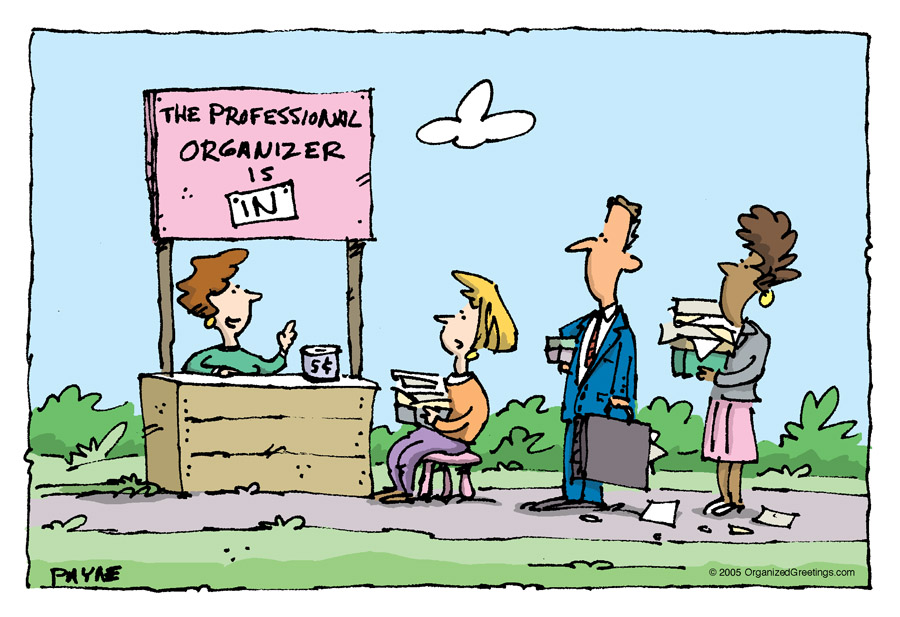
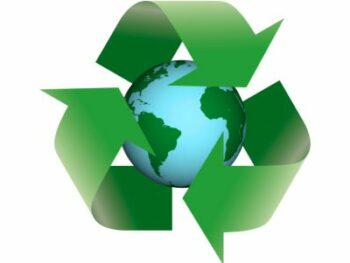
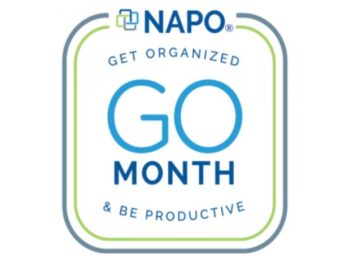



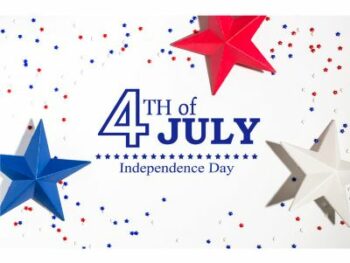
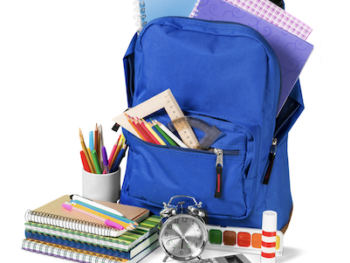
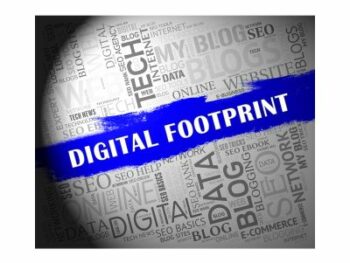
 Tax Preparation Made Easy
Tax Preparation Made Easy

